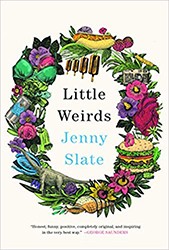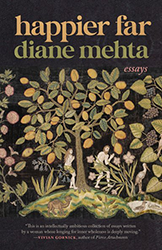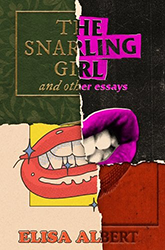It’s hard to argue with the rationale for another volume of the late Christopher Hitchens’s pugnacious essays. Whether you read Hitchens because you violently agree with him or find him unutterably infuriating, he’s always exciting. Like many of his literary heroes, you’re better for his vocabulary, or for appreciating the artfully executed verbal swordsmanship of a master. His fearlessness, his bravado, his willingness to challenge his own side in an argument, is something always in short supply, but never more than today. The care with which he wrote, evident in every essay here, is at odds with our image of him with a whiskey in one hand and a cigarette in the other. But, like the great lions of English literature — Dr. Johnson comes to mind — whatever his pose, his commitment to his craft was supreme.
What’s not so clear is why Jewish Book World wants a review of these essays to be included in their publication. Christopher Hitchens learned in adulthood that he was descended from Jews on his mother’s side. He was brought up as a Christian, though he abandoned it quite early in life. His brother, Peter, is a believing Christian who has written as positively on religion as Christopher has against it. In fact, it is as a leading atheist, or as he puts it, an antitheist, that Hitchens has made his mark in recent years.
True, he has engaged the Jewish State from a critical vantage point. He refers to and disdains the “Jewish-zealot settler,” and is frustrated by anything that stands in the way of the two-state solution. But, almost uniquely for a leftist critic, nothing in his locutions betrays a speck of Jew hatred. If anything, he tweaks the genteel anti-Semitism of Mearsheimer and Walt, and the occasional intellectual dishonesty of his friend Edward Said. So, why should we look to understand Hitchens’s work through a Jewish perspective?
Perhaps, it’s because as we read him, we see the hyper-measured, justice-hungry distinction-making that we have long associated with Jews as prophets and public intellectuals. A man of the Left, he supported the Iraq war to end the cruelty of Saddam Hussein. A Trotskyist in his youth, he never supported the Soviet bloc, and he admired and wrote on Orwell, Jefferson, and famously, against Mother Teresa. His motto could have been “Never show tribal loyalty” and always be willing to draw a further distinction between us and them. It is this insistence on following the dictates of heaven, while rushing to storm its gates, that just feels so Jewish, that won’t let us quite let him go. His final struggle with esophageal cancer ended badly, but was fought with aplomb, and wholly without deathbed conversion. Nevertheless, we won’t let you go alone into the unknown, Christopher. If any Hebrew is required in the world to come, we’ll be there to translate for you.
Join a community of readers who are committed to Jewish stories
Sign up for JBC’s Nu Reads, a curated selection of Jewish books delivered straight to your door!





